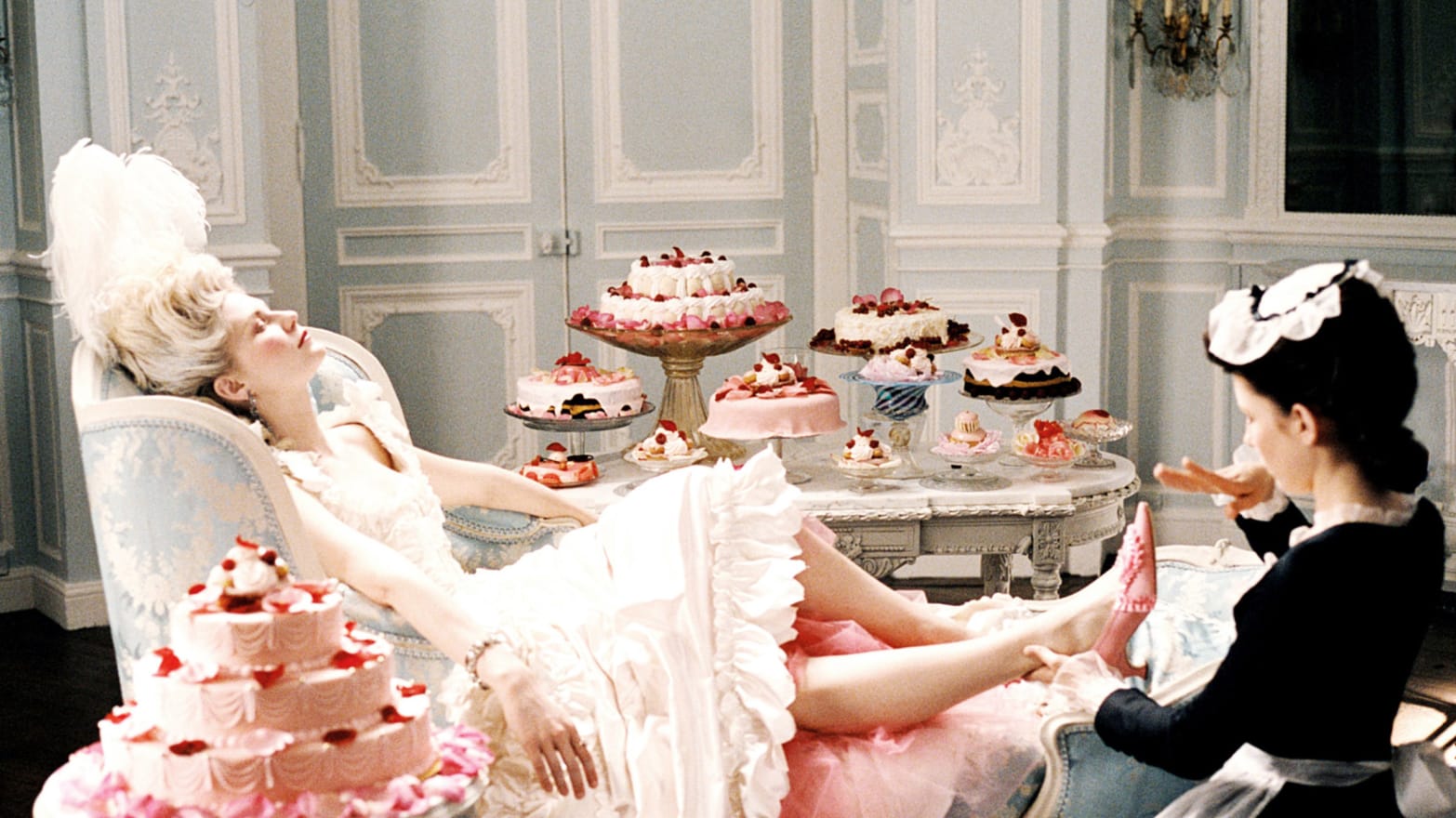I have a complicated relationship with the Union Jack: too associated with skinheads and being waved triumphantly over piles of foreign dead from Ireland to India for my tastes, but my neighbour has developed his own more flexible version of Britishness which incorporates affection for a country which welcomed and nurtured him while not denying his origins: he still imports a freezer-lorry of grapes from his home region every year to make wine with. That half-mast flag speaks volumes about the way he – and many of us – have been forced by a vicious complex of paranoias and pressures to adopt less rich, less complex identities just as we thought that the poison of xenophobic nationalisms had been eradicated across Europe.
I'm an Irish citizen (and have been for a lot longer than some of my friends who have suddenly taken to sporting underarm pigs) of multiple origins, from German Jews to turf cutters - and Europe has been an unalloyed good, economically, socially and culturally. The tensions between Britain and Ireland have been blunted by common membership of the EU, while freedom of movement has been the saving of both countries so often. I see the origins of euroscepticism in Britain's failure to address its imperial past, and to plot a post-imperial course. Every time I hear some pumped-up politician talking about Britain 'punching above its weight' I cringe. How about not wanting to punch anyone? How about – like ex-imperial nations like Sweden, Denmark, Portugal, Norway and Spain – accepting that having heavy weapons isn't a global mandate to lead or dominate? I've heard so many Brexiteers explain that they can't abide the EU because it's a superstate, but they never make the logical leap to supporting Welsh or Scottish independence, and they're largely enormous fans of an Empire they've never considered from the perspective of those on the receiving end. Super-states aren't a bad thing, it seems, as long as you're on top.
I'm desperately sad today. I look round my city and all the other desperately poor areas of this country which voted Brexit and wonder what they expect. Every social initiative and new building displays a discreet EU-funded flag. What few employment rights the precariat have come from the EU, as do the clean water and air directives the UK is currently breaching. Safe toys, cars and food, privacy regulations, freedom of speech and assembly: they all come from Europe. While a hunger for votes might make the Tories pay a little more attention to deprived areas, nobody should expect a renewed concern for the left-behind in Westminster: not the old, the poor, the Welsh, the northern, children, the sick or anyone else. Some Brexiteers are happy enough to accept that they'd rather be 'free' than fed, but I can't help noticing that the people expounding these principles tend to own hedge funds domiciled abroad, or have otherwise insulated themselves from chlorinated chicken and pharmaceutical price hikes. They will wave the flag while hiding their wealth offshore, creaming off the benefits of deregulated finance while consciously and deliberately exposing the rest of us to the viciousness of the free market.
My passport means I can still move around and might qualify for an airlift when we get to the pointy end of things, but I'm taking no pleasure in having an escape route. I'm here because I love this place, from Marmite to sarcasm to cricket, Dorothy Richardson to AS Byatt, Moulton bikes, curry houses, wry demonstration placards, dusty bookshops to haggis. I've lost good friends and colleagues, frozen out by Brexit and the behaviour of some of its supporters. I know German people who've learned Welsh to the extent that they've become literary critics and historians of and in that language: now gone. Britain won't just become poorer: it will be narrower, sadder, culturally-bereft and more suspicious. There's no positive vision beyond 'freedom': to me it looks like the freedom Lear found on the blasted heath, only without the epiphany. 'Very well, alone' worked when Churchill said it, because 'alone' meant 'at the head of a global empire which will do what it's told': now it's the loneliness of the body left on the gibbet to be picked clean by its supposed allies and its leaders.
I did wonder whether Brexit would be good for the world. A mad dog tamed, and perhaps split into its constituent parts, never to threaten anyone else ever again. I think it's unlikely - once outside the infuriating, ponderous system of patient, unsatisfying compromises that define European progress, Britain, or England, will just get madder and badder. When the inevitable results of Brexit occur, the Brexiteers will blame perfidious Europa, stabbing a freedom-loving people in the back, and they'll win more elections on that basis, slowly (or quickly) condemning a rich, fascinating, complex country to a bitter national dementia. You might not think so, but it's what a majority voted for in a referendum and under the stupid electoral system you decided to retain. You know your racist grandpa? That's your country, that is.
(Good things also happened this week but they pale into insignificance. Maybe next week).



















